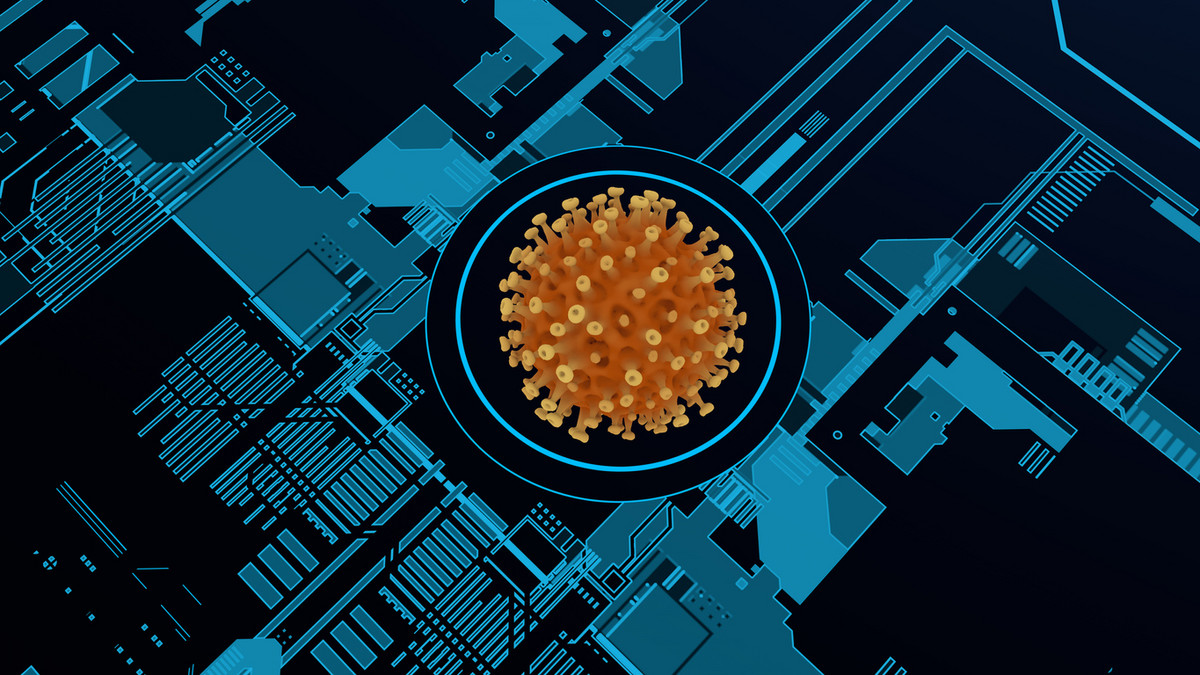Gearing AI to Fight Pandemics: a Novel COVID-19 Drug Candidate Announced
Hong Kong-based clinical stage drug discovery company Insilico Medicine just announced the nomination of a novel preclinical drug candidate for treating COVID-19, de novo designed using the company’s artificial intelligence platform Chemistry42. The new drug candidate is a 3CL protease inhibitor which is unique from existing drugs in its class because it can be rapidly produced.
Topics: AI & Digital
